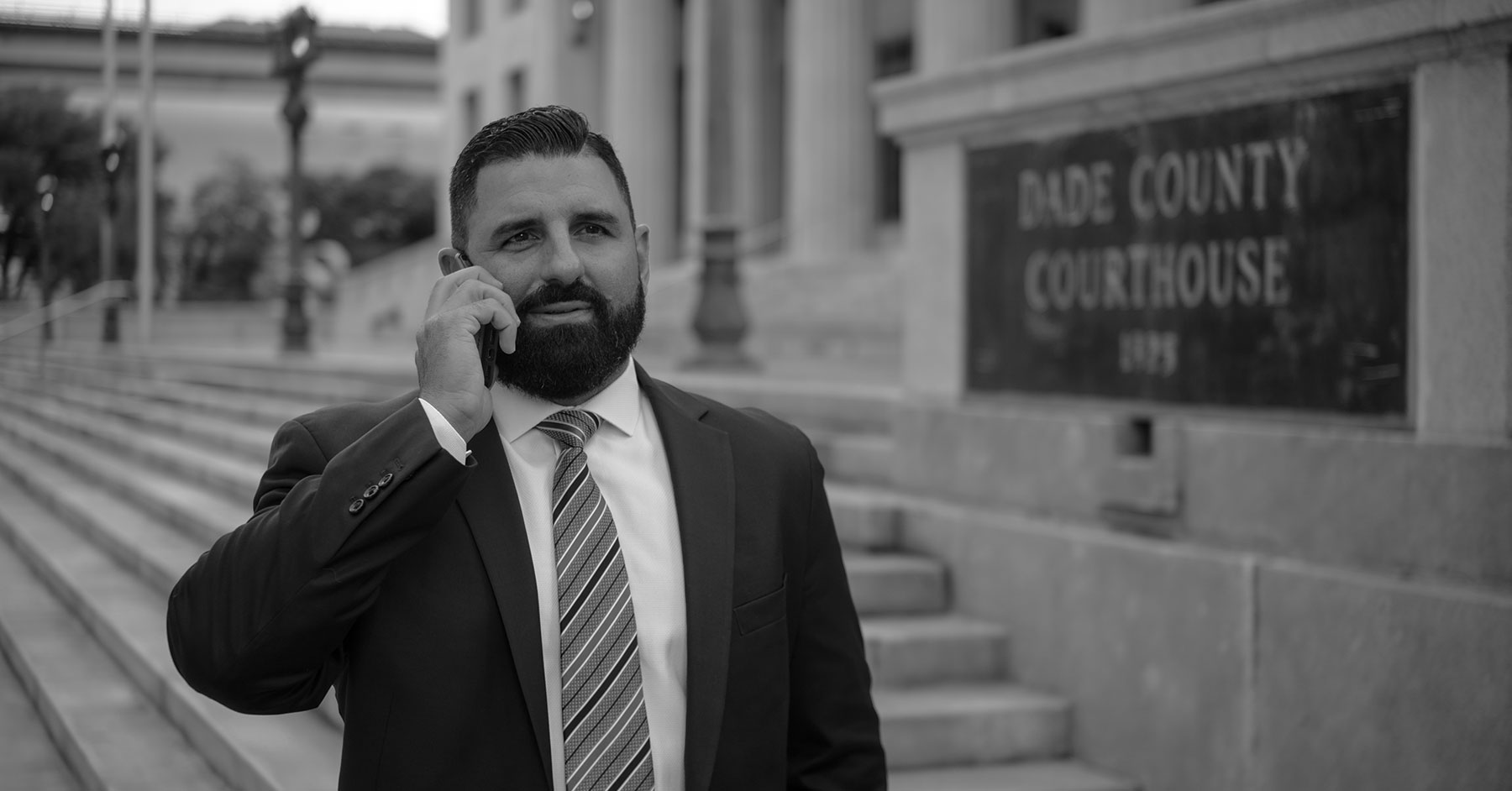Child Pornography Laws and Sexting in Florida

As abhorrent as the subject may be to most parents, child pornography and sexting are issues that exist in our society and must be confronted by parents for the safety of their children.
As smartphone users start younger and younger, it has become even more important for parents to understand the laws surrounding child pornography. Many children between the ages of five and 10, let alone teenagers, can send and receive photos and videos.
The number of cases of “sexting” (sending sexual content) and other sexual misconduct between children has increased. The age of consent laws are strict so any teenager or adult can find themselves in legal difficulties if they break these laws.
Sometimes, teenagers don’t even know that they’re breaking the law.
Many of the Florida statutes have been updated to reflect the increasing access to technology for children. Here we take a look at how the current child pornography laws address these issues in Florida.
Florida Statute 847.0141: Sexting
Sexting between two consenting adults is no crime but it is considered a serious offense when it involves:
- The lack of one party’s consent
- A minor (under 18)
Florida Statute Section 847.0141 relates to sexting and states the following:
- A minor commits the offense of sexting if he or she knowingly:
- Uses a computer, or any other device capable of electronic data transmission or distribution, to transmit or distribute to another minor any photograph or video of any person which depicts nudity, as defined in s. 847.001, and is harmful to minors, as defined in s. 847.001.
- Possesses a photograph or video of any person that was transmitted or distributed by another minor which depicts nudity, as defined in s. 847.001, and is harmful to minors, as defined in s.
However, minors who did not solicit the content or send it to third parties or who properly reported receiving it are not guilty of sexting.
Sexting between adults and minors is generally treated far more harshly than between two minors.
Florida Statute 847.0137: Transmission of child pornography by a minor
Florida Statute 847.0137 relates to the transmission of pornography by electronic devices or equipment by minors. Child pornography is defined as:
- Any image depicting a minor engaged in sexual conduct; or
- Any image that has been created, altered, adapted, or modified by electronic, mechanical, or other means, to portray an identifiable minor engaged in sexual conduct.
Cases relating to minors are tried in juvenile court. If the offense is committed by an adult (aged 18 years or over), it is treated much more seriously — possibly as a third-degree felony, which can lead to significant time behind bars and registration on the sex offender database.
Florida Statute 784.049: Sexual cyberharassment
Florida Statute 784.049 addresses sexual cyberharassment, which doesn’t just relate to child pornography but also to a disturbing trend that is on the rise among adults: so-called “revenge porn”.
Under this law, even if the sending/receipt of such material between adults is consensual, it crosses the line to sexual cyberharassment if the recipient willfully and maliciously forwards material to third parties without the consent of the initial sender.
What are the penalties for child pornography in Florida?
The penalties for breaking child pornography laws in Florida are extremely severe for adults but more leniency may be afforded when both parties are minors.
Minors are typically processed by the juvenile justice system but that doesn’t mean that the consequences won’t affect an offender’s long-term future.
The penalties greatly depend on the circumstances and ages of the parties involved. However, even a minor can be in serious trouble if they are on the wrong side of the law, especially if they already have prior offenses on their records.
Minors charged with sexting for the first time are generally considered to have committed a noncriminal violation. It may result in eight hours of community service, a $60 fine and/or mandatory attendance at a class on the dangers of sexting.
The Florida Department of Highway Safety and Motor Vehicles may also issue a notation on the child’s driving record or suspend the driver’s license for 30 days. This may apply if the minor fails to comply with the original conditions applied to a noncriminal violation.
For a second offense of sexting for a minor, a first-degree misdemeanor charge may apply. This can result in up to one year in jail and a $1,000 fine.
A third offense will be classed as a third-degree felony if the defendant previously committed a first-degree misdemeanor sexting crime. For child pornography charges treated as third-degree felonies, a sentence of up to five years in a Florida State Prison may apply, with five years of probation and a $5,000 fine. A requirement to register as a sex offender may also be necessary.
Possession and/or sharing of child pornography by an adult or sexting between minors and adults is nearly always treated harshly and may result in the adult being charged with serious felonies and facing a lengthy jail sentence.
What are the main defenses to child pornography charges in Florida?
In child pornography cases, the most common defenses employed by defense teams are:
- Illegal search and seizure: unless a defendant’s constitutional rights were upheld during the investigation and arrest and proper legal procedures followed before and after any device(s) were seized, any evidence gathered may be deemed inadmissible.
- Defendant not in possession (or unknowing possession): in some instances, child pornography is found on a shared device or a device that coworkers have access to, so it can be argued that the defendant did not possess the illegal content or did not intentionally possess it.
- Adult depiction: if the person depicted in the “illegal” content was an adult rather than a minor at the time of its creation, there should be no charge to answer.
- Good faith destruction and/or reporting: it can sometimes be argued that the defendant deleted illegal mages or reported images to law enforcement in good faith.
- Entrapment: this is where an undercover law enforcement officer encouraged the defendant to commit a crime that otherwise would not have been committed.
If you require legal representation, at either the state or federal level, please do not hesitate to contact us online or by phone at (305) 403-7323.

